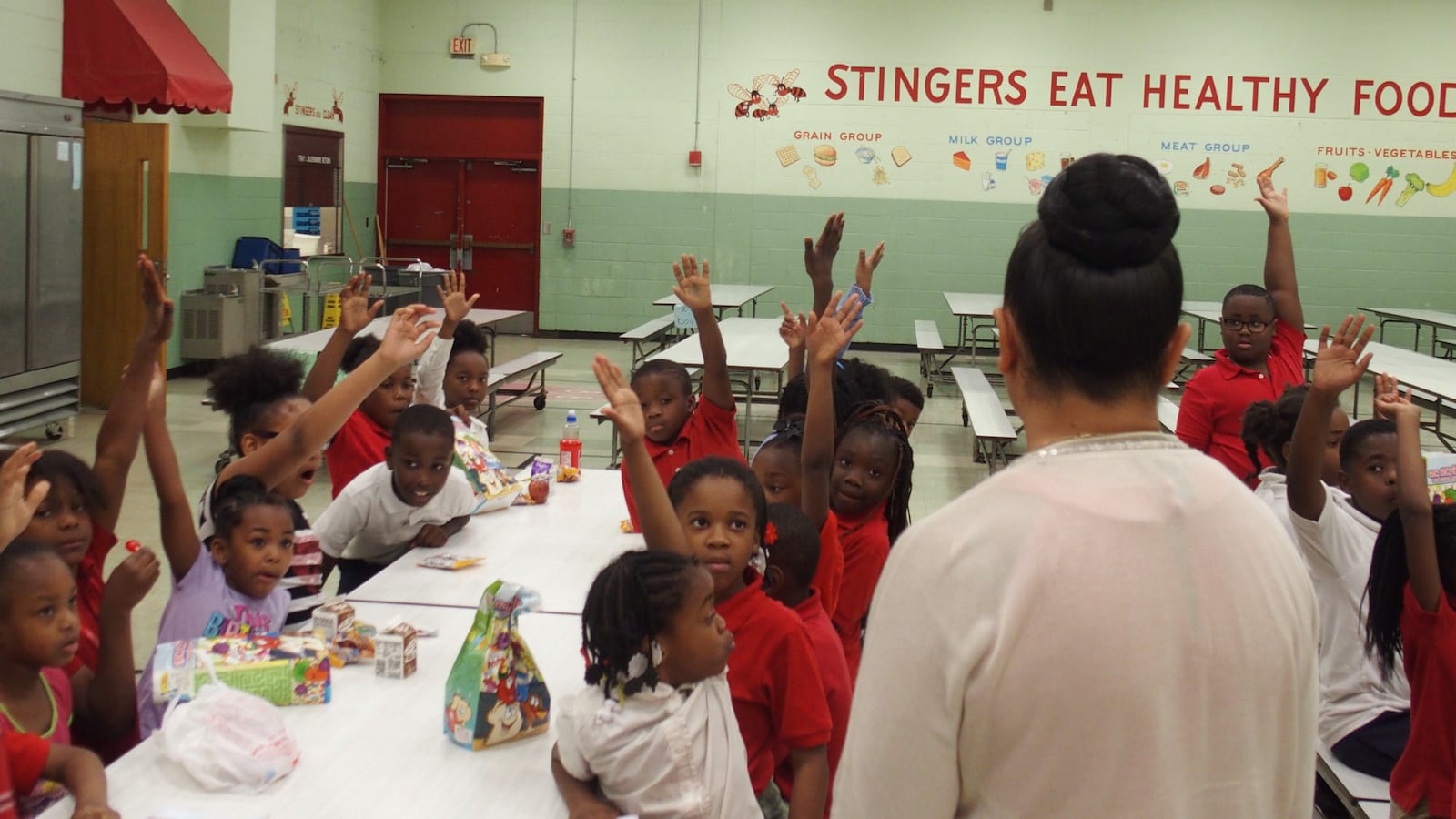Students in every grade level of Shelby County Schools’ first summer academy grew in math and reading skills over the summer months, district leaders announced Tuesday.
The six-week voluntary program, open to any district student who was not required to go to summer school, hosted 6,200 elementary students at 26 schools across Memphis.
Assistant Superintendent Joris Ray called the program a complete success. Students were tested in literacy and math comprehension at the start and end of the summer, and a majority showed double-digit gains in every grade level after six weeks, Ray said.
“We kept the rigor high but wanted our kids to have fun while learning,” Ray said. “This was about creating an environment where both teachers and students wanted to be.”
Students, on average, jumped 19 Lexile points, a framework for measuring reading skills. They also saw gains in math skills, with fifth-graders gaining the most, 4.8 months of grade-level equivalency.
Teachers who led the summer learning academies said though attendance was not consistent, the benefit of teaching small groups without the pressure of impending state tests made for a positive environment they thought would translate to student growth.
From the outset of the summer learning academy, Shelby County Schools leaders said if students showed significant growth, the results would foster conversation about switching the district’s calendar to year-round schooling. Superintendent Dorsey Hopson said the switch would address a critical problem of students forgetting lessons during the long summer break, which forces teachers to spend weeks on reviewing the previous year’s lessons in the early weeks of the school year.
“Clearly there’s a huge need here. The research shows the summer learning loss is real,” Superintendent Dorsey Hopson said during a radio broadcast in May.
Ray said conversations about year-round schooling are happening, but they are preliminary. He added that the district hasn’t even decided yet if they will continue the summer learning program next summer, though the initial results make it a likely choice.
“We’re pretty confident by the results we have,” Ray said. “They are a compelling argument to continue this initiative for next year.”
While all students can fall behind academically during the summer break from school, students from low-income families are affected disproportionately. In Memphis, where economically disadvantaged students comprise 60 percent of the district and third-grade literacy has lagged, the school district sees summer instruction as a combative force.
According to the National Summer Learning Association, low-income students lose two to three months in reading achievement over the summer and two months of grade-level equivalency in math skills.
Ray said the district will continue to monitor the academy students throughout the school year to see how they perform against their peers.

